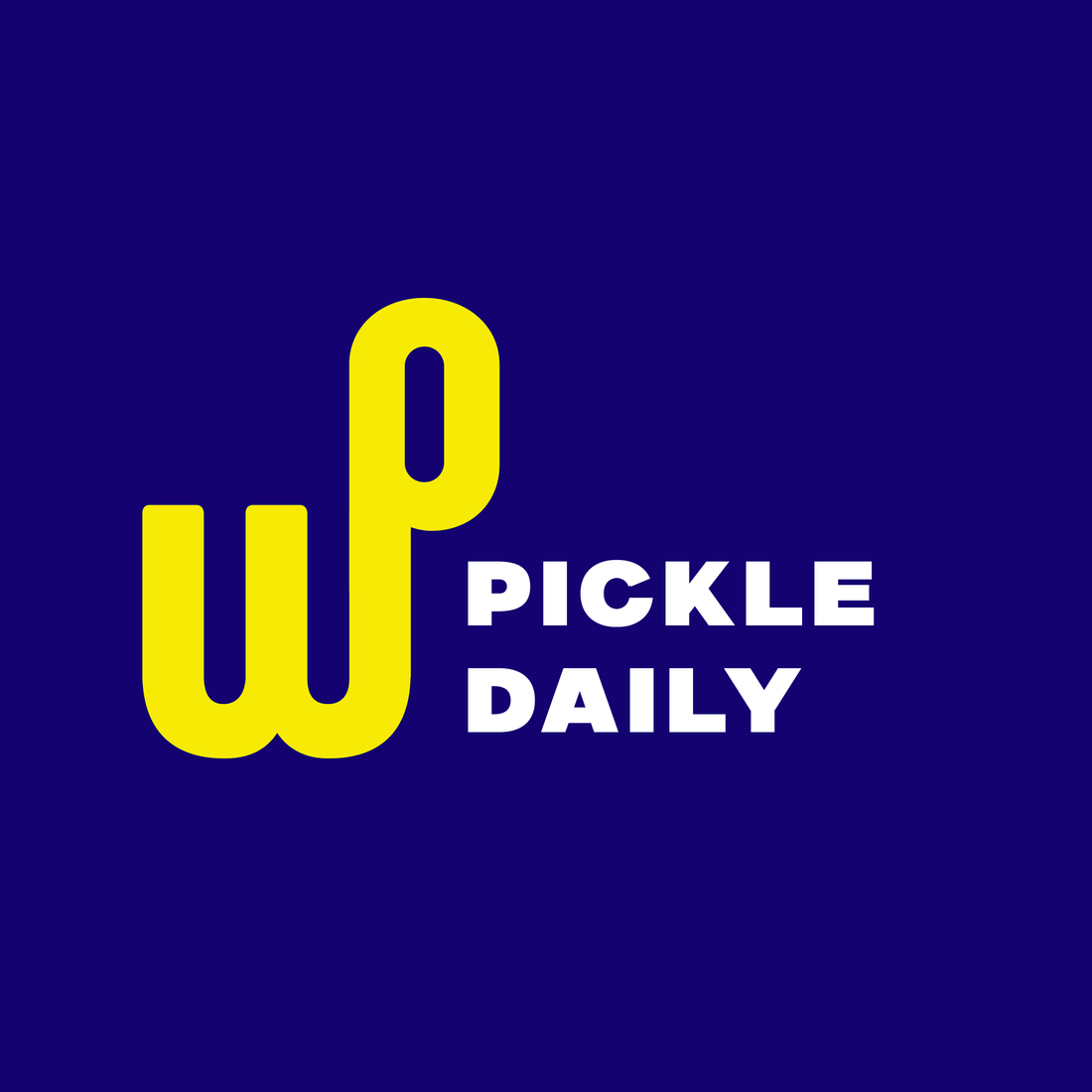
Is Pickleball Ready for the Olympics? A Competitive Analysis from England’s Perspective
Should Pickleball Be in the Olympics? A Competitive Readiness Report
Pickleball is growing at a remarkable pace across England. Once considered a recreational curiosity, it is now making inroads into sports halls, leisure centres and local clubs from Devon to Durham. With participation numbers rising and competitive structures emerging, the question is increasingly being asked in more serious terms: should pickleball be in the Olympic Games?
For a sport that thrives on inclusivity, pace and strategy, Olympic status would represent the ultimate global validation. However, inclusion is not a matter of popularity alone. It depends on a complex set of criteria, from international governance and broadcasting viability to gender equality and global competitiveness. In the case of pickleball, the conversation has begun — but is the sport, and England in particular, truly ready?
What the IOC Requires
To be included in the Olympic Games, a sport must meet specific requirements set by the International Olympic Committee (IOC). These include:
Widespread international participation, with active federations in at least 75 countries across four continents for men, and 40 countries across three continents for women.
An established international governing body recognised by the IOC.
A history of world championship-level competition.
Gender balance in participation and rules of play.
Media appeal, both in terms of in-person attendance and broadcast interest.
Compliance with the Olympic Movement’s anti-doping code and other ethical standards.
Pickleball is making progress, but it is not yet a certified Olympic discipline. As of 2025, it is governed internationally by the International Federation of Pickleball (IFP) and more recently by the Global Pickleball Federation (GPF), the latter of which is positioning itself to align more closely with IOC structures.
Where England Stands
In England, pickleball is overseen by Pickleball England, a national governing body that has taken major strides in building an organised competitive framework. Since its launch in 2019, the organisation has grown to over 6,000 registered members and supports more than 400 clubs across the country.
Tournaments such as the English Open in Telford and the National Championships in Bolton have drawn players from around the UK and overseas, with increasingly professional standards of play. Pickleball England is also working to align its ranking system, refereeing protocols and tournament formats with those used internationally — all necessary steps in building Olympic-level readiness.
The Case in Favour
1. Explosive Global Growth
Pickleball is expanding rapidly in the United States, Canada, India, Spain and Australia. England has experienced a surge in participation following the COVID-19 pandemic, especially among older adults and racket sports converts. The sheer pace of this global growth gives the sport a compelling narrative for Olympic inclusion.
2. Gender Parity and Accessibility
Few sports match pickleball’s balance of male and female participation. Mixed doubles is not just a novelty but a core component of competition. The sport is also cost-effective and can be played across age groups and ability levels, which aligns with the IOC’s emphasis on inclusion.
3. Spectator Potential
While pickleball has faced questions over its televisual appeal, advances in paddle technology and player skill have sped up the game considerably. Rally duration is increasing, and elite players are showcasing impressive reflexes and tactical depth. A faster, shorter version of the game could be ideal for Olympic programming.
4. Facility Availability
Unlike sports that require major infrastructure investment, pickleball can be played in multi-use indoor halls or outdoor tennis courts with minor modifications. This low barrier to hosting events could appeal to Olympic planners, especially for youth-focused festivals or demonstration sports.
The Hurdles Ahead
1. Governance Fragmentation
Currently, pickleball suffers from a split between governing bodies. The IFP, once dominant, has lost key members, including Pickleball England, which now leans towards the GPF. Until a single internationally recognised body is accepted by the IOC, inclusion will remain unlikely.
2. Limited Continental Spread
Despite success in North America and emerging markets in Europe and Asia, the sport still lacks depth in Africa and large parts of South America. Without broader geographic reach, it cannot meet the IOC’s threshold for universality.
3. Competitive Maturity
Olympic-level sports require not only participation but professional-level competition. While the English competitive scene is improving, the depth of talent is still developing. National squads for England, Scotland and Wales are only just beginning to form structured high-performance programmes.
4. Broadcast and Sponsorship Clarity
Pickleball has yet to attract consistent mainstream coverage in the UK. While events like the English Open receive limited media attention, there is no BBC or Sky Sports presence, and major sponsorship remains patchy. Without proven broadcast demand, the IOC is unlikely to commit.
Could It Start as a Demonstration Sport?
The more realistic near-term possibility is for pickleball to be introduced as a demonstration or exhibition sport at an upcoming Olympics, possibly as part of the Los Angeles 2028 or Brisbane 2032 games. This would allow the sport to showcase itself globally without full medal status.
This route has precedent. Sports such as skateboarding, surfing and sport climbing began with demonstration events before being granted full Olympic entry. If pickleball can demonstrate elite-level competition, international diversity and a compelling spectator product, it could follow a similar path.
What England Can Do Now
To improve the case for Olympic inclusion, Pickleball England and affiliated clubs can focus on the following:
Develop youth pathways to increase junior participation and create long-term talent pipelines.
Foster diversity and regional growth, especially in underserved communities and across all age brackets.
Strengthen ties with UK Sport and Sport England to secure development funding and recognition.
Collaborate with broadcasters to produce high-quality coverage of national events.
Encourage international participation in English tournaments to help demonstrate global relevance.
Perhaps most importantly, England can position itself as a leader in governance reform by advocating for unified international standards and Olympic-aligned structures.
Final Thoughts
Pickleball is on the right track, but Olympic inclusion is not just a reward for popularity. It requires strategic focus, international unity and demonstrable competitive quality. England has a significant role to play in pushing the sport forward, both at home and on the world stage.
If progress continues — with better talent development, stronger international alliances and improved visibility — pickleball may well find itself ready to make the Olympic leap. Whether that leap happens in 2028, 2032 or beyond, the groundwork laid today will determine the sport’s place in the world’s most prestigious sporting arena.
